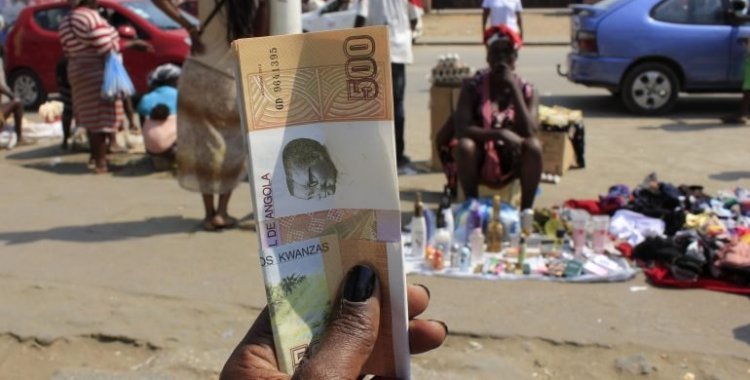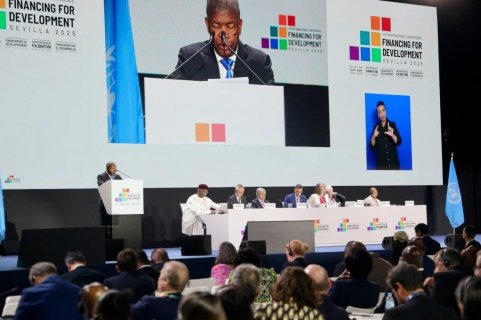"We have been witnessing an increase in confidence in the currency, generating considerable gains for the kwanza", said the governor of the central bank in statements to the financial information agency Bloomberg.
Lima Massano's comment follows a 20 percent rise in the value of the Angolan currency against the dollar since the beginning of the year and at a time when it holds the title of the currency that has appreciated the most in recent weeks, despite not having still canceling out the losses of recent years.
"The balance of the kwanza has been restored", said Massano, referring to the difference that existed between the price of the kwanza in the formal and informal markets, with differences that could go up to 150 percent, but which are now practically nullified.
The kwanza is gaining in value due to the improved forecast of the evolution of the economy of Angola, the second largest oil producer in sub-Saharan Africa, and the partial liberalization of the exchange rate, argued the governor, referring to the measure taken in 2018 and which, in practice, de-indexed the kwanza to the dollar, which caused a depreciation of "more than 80 percent".
The measure, said Massano, was necessary to eliminate "great dysfunctions and imbalances in the Angolan foreign exchange market".
According to the governor, this imbalance has now been overcome, with the kwanza trading against the dollar at 510 per dollar in the informal market, with an official exchange rate of 470.
"International reserves are solid, covering about 11 months of imports, and the balance of payments shows surpluses and we are starting to see a gradual reduction in the monthly rate of inflation," said the governor, referring to the first drop in the rate of year-on-year growth in prices in February, which stopped growing for the first time since March 2021, and are still up above 27 percent.
Angola's economy is expected to have emerged from a five-year recession in 2021 and is expected to grow by almost 3 percent this year, according to the International Monetary Fund (IMF) forecast.







